
2021 Speed Session Bundle: Youth
-
You must log in to register
- Non-Members - $50
- Members - $35
- Premier Members - $35
This bundle is worth 0.1 CEU and contains the following three speed sessions from NRPA's 2021 annual conference:
Intergenerational Engagement: Bringing Universities and Communities Together Through Recreation Programming (Session 017)
Intergenerational programs align with NRPA's Healthy Aging in Parks initiative (Sutton, 2019), as they aim to improve the health and wellbeing of older adults through recreation by the following strategies: chronic disease prevention and management, food security, and social isolation, in addition to, preserving the health, independence and social connections of older adults. However, developing successful intergenerational programs is often a challenge with limited staff and resources. This panel presentation will introduce attendees to the multiple aspects of intergenerational programming. Practitioners and researchers will gain concrete ideas to more develop and evaluate their own intergenerational programs and train staff.
Learning Objectives:
- Identify a community partner to either begin or continue a conversation with about intergenerational programming.
- Utilize presented resources (i.e. evaluation toolkit, themed activity kits for older adults staying at home, online training for staff) in their classroom or community center.
- Discuss the value of intergenerational programs in classrooms and communities.
How Parent's Perception of the Coach's Education of Sportspersonship Effects Program Value (Session 012)
Coaches and parents are recognized to have the biggest influence on youths participation in sport programs (Horn, 2002). Historically, one of the many reasons youth participate in a youth sport program is to develop psychosocially (Wiggins, 2013). Specifically, sportspersonship has been identified as a key area of development that both children and parents want out of their participation in youth sports (Martin, Dale, & Jackson, 2002; Schwab, Wells, & Arthur-Banning, 2010). This study seeks to identify the impact that coaching behaviors demonstrated by the youth sport coach, has on the parents perception of the program value. Results indicate that the coaching behaviors that foster positive sportspersonship does have a direct relationship to program valuation.
Learning Objectives:
- Adjust coach training sessions to focus on coaching behaviors that are positively associated with youth athlete retention.
- Conduct in-season and post-season evaluations of their coaches to be able to address their behaviors.
- Identify specific behaviors that directly impact the development of sportspersonship characteristics.
It's Pretty Hard to Make Friends Over a Zoom Meeting Room': Understanding Recreation Experiences of Youth with Type 1 Diabetes During COVID-19 (Session 001)
Participation in Out of School (OTS) programs can provide significant benefits for youth living with type 1 diabetes (Allen et al., 2021; Hill et al., 2015; 2019). For example, participation in medical specialty camps, which are a variant of the traditional camp models, can provide youth with the ability to learn, explore, build confidence, and bond with peers who share the same unique, chronic condition. Unfortunately, the COVID-19 pandemic, and associated social distancing recommendations and requirements, have led to the cancelation of many youth developments programs, including medical specialty camps and other OTS programs designed for youth living with type 1 diabetes. During this time, it is unknown how, and if, youth with type 1 diabetes are engaging in recreational pursuits to garner these important outcomes. As such, the purpose of this study was to explore how youth with type 1 diabetes make sense of their altered recreation environment as a result of COVID-19.
Learning Objectives:
- At the end of the session, attendees should be able to describe the qualitative approach to this study.
- At the end of the session, attendees should be able to describe the REACH program.
- At the end of the session, attendees should be able to describe virtual recreation experience for youth with type 1 diabetes.
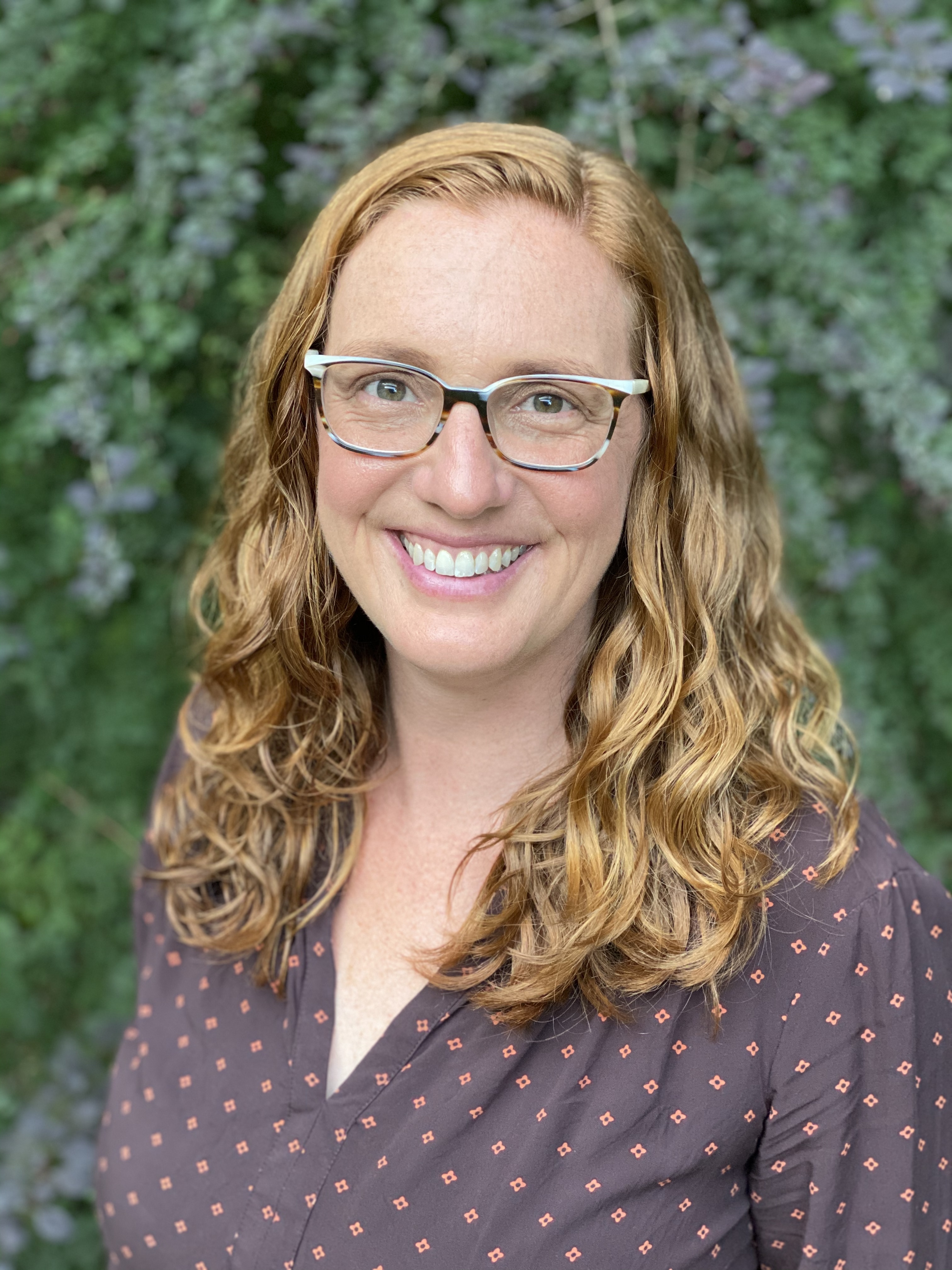
Jill Juris Naar (she/her)
Assistant Professor
Appalachian State University
Jill Juris Naar, Ph.D. is an assistant professor in the Recreation Management and Physical Education Department at Appalachian State University located in Boone, NC. Her areas of research are intergenerational community programs and leisure time physical activity of older adults.

Katherine Uva (she/her)
Graduate Student
Appalachian State University
Katherine Uva, B.S. is a graduate student pursuing a dual degree MBA and MS of Science in Applied Data Analytics with a concentration in Supply Chain Management at Appalachian State University. She has previous experience serving in marketing, advocacy, community engagement, and outdoor recreation programming roles for non-profits, camps, hospitals, sports teams, and military installations.
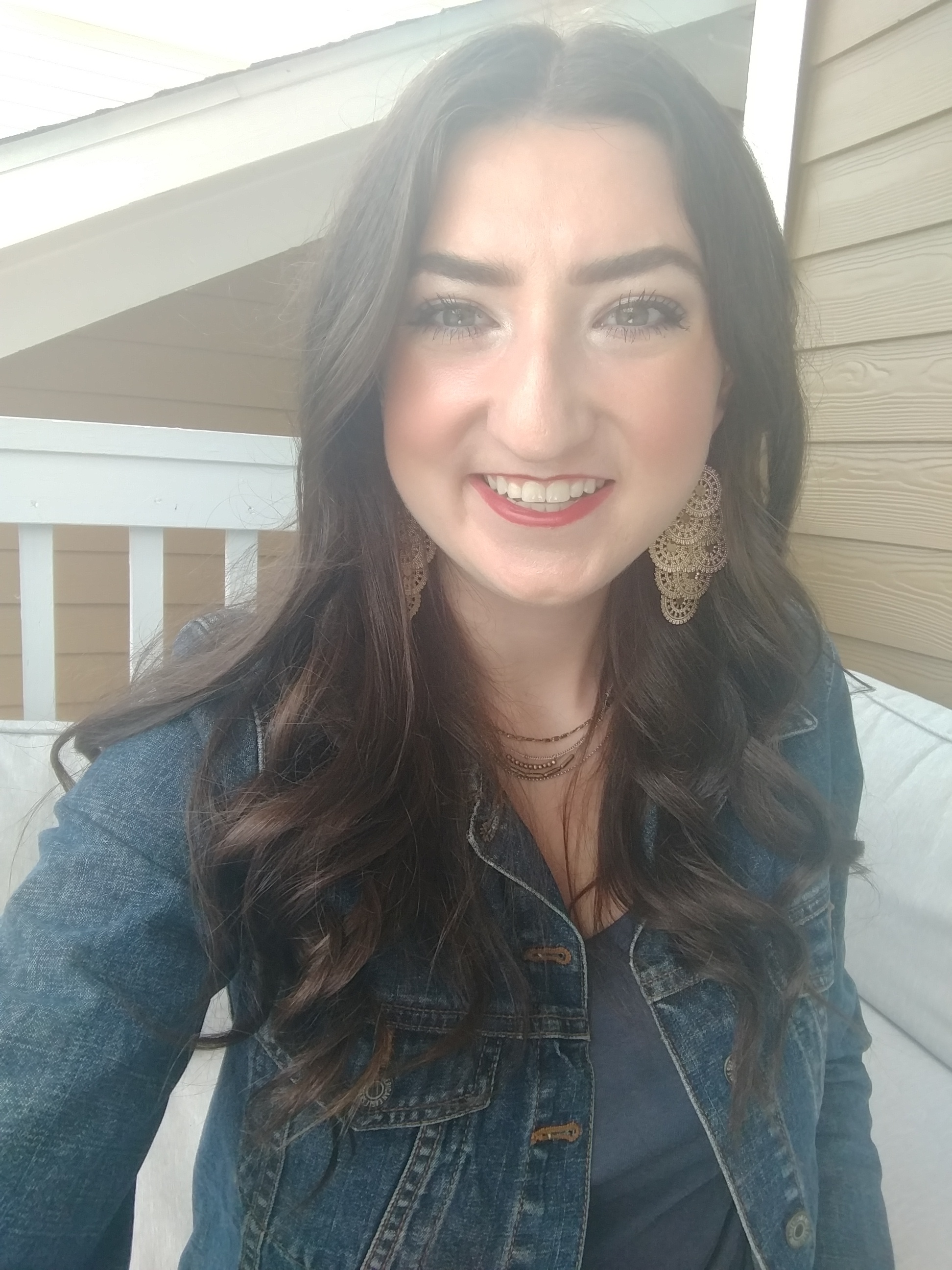
Morgyn Manzer (she/her)
Recreation Program Coordinator
Food for a Long Life
Morgyn Manzer has a B.S. in Recreation Management from Appalachian State University and recently served as the Recreation Program Coordinator on the USDA grant Food for a Long Life providing recreational opportunities for older adults.
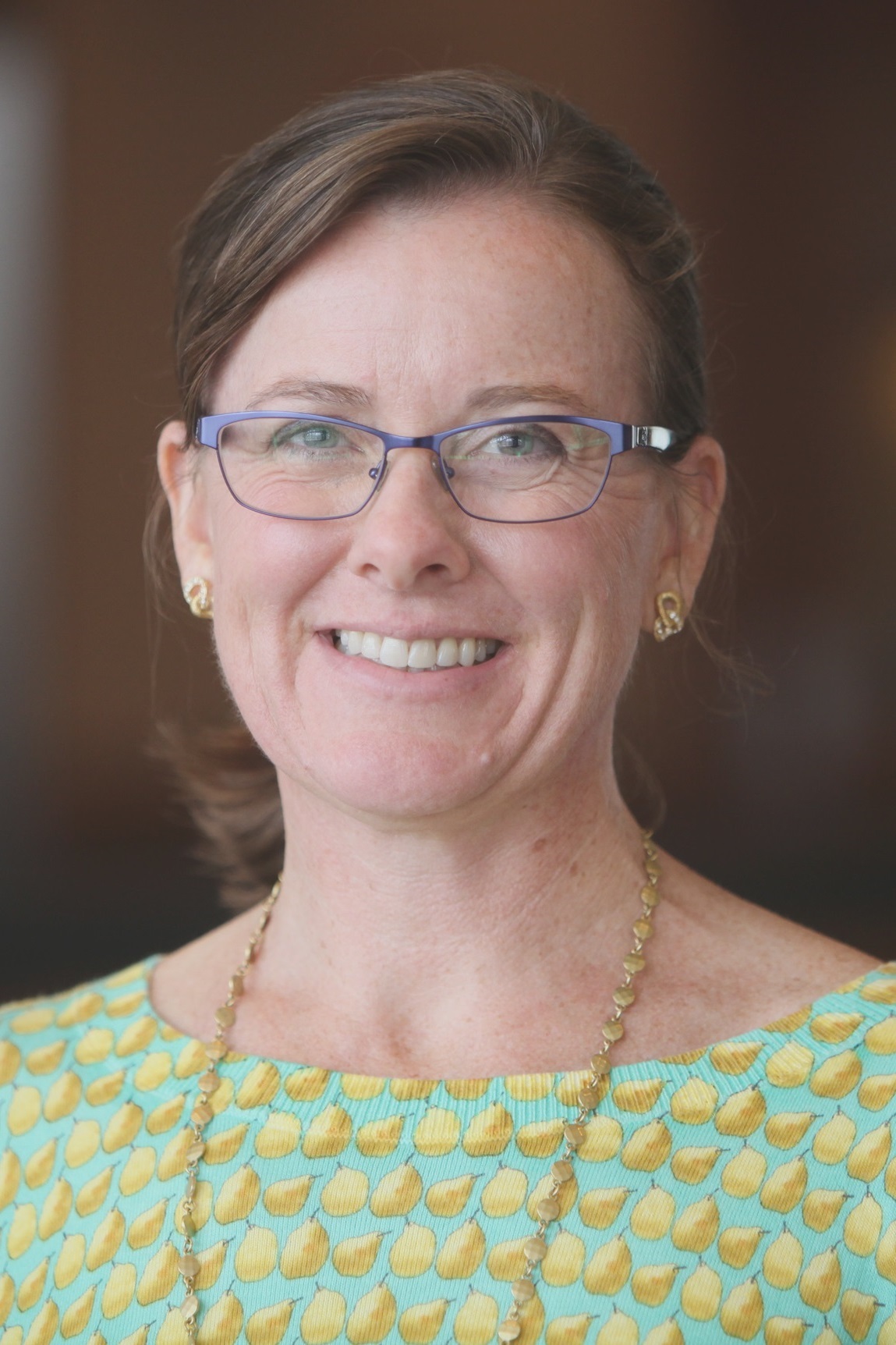
Shannon Jarrott (she/her)
Professor
Ohio State University
Shannon E. Jarrott, Ph.D. is a professor of social work at The Ohio State University. She specializes in community-based services, with an emphasis on shared sites, and evaluation of intergenerational program impacts. Current research focuses on intergenerational community building strategies, for which she has received federal funding.

Shannon Shanely (she/her)
Recreation Management and Physical Education Department Lecturer
Appalachian State University
Shannon Shanely, PhD is a lecturer in the Recreation Management and Physical Education Department at Appalachian State University. She specializes in pedagogy and has been an educator for more than 25 years.

Zachary Beldon (he/him)
Lead Faculty of Sport Management
Lincoln College
Zach is a recent PhD graduate from the University of North Texas. He studies the impact that coaches have on the sport experience of athletes throughout the lifespan. He has authored several book chapters over sport history and expansion as well as the youth sports industry in the United States. Currently, Zachary serves as the lead faculty member of Sport Management at Lincoln College.
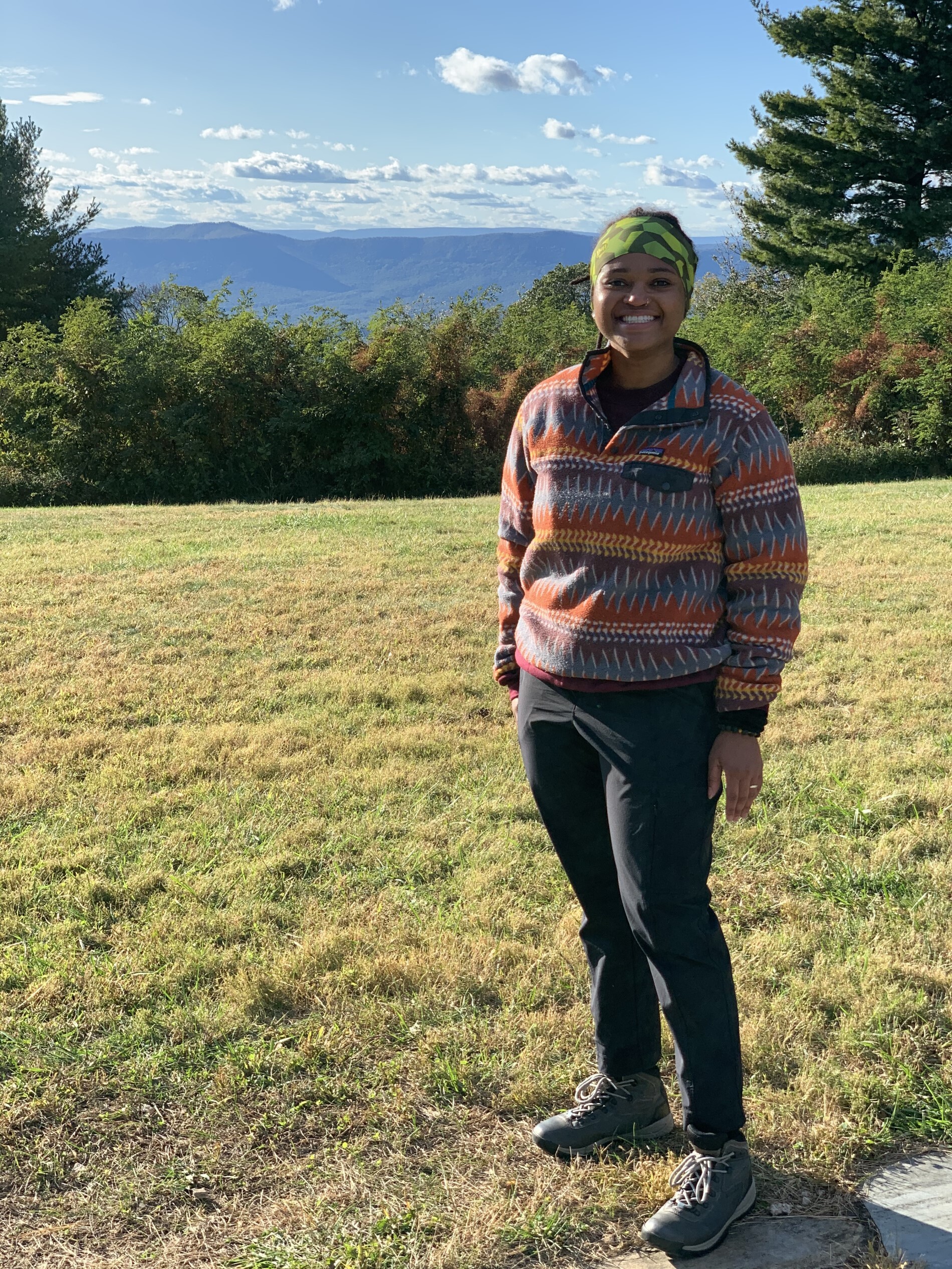
Rowan Williams (she/her)
Graduate Student
Old Dominion University
Rowan is a graduate student at Old Dominion University and REACH Program Coordinator.

Justin Haegele (he/him)
Associate Professor
Old Dominion University
Justin A. Haegele, PhD, CAPE, is an associate professor in the Department of Human Movement Sciences at Old Dominion University (Norfolk, Virginia). Broadly defined, Dr. Haegele’s research centers on examining how individuals with disabilities, largely focused on those with visual impairments, experience physical activity participation.

Ryan Malpaya (he/him)
Student
Old Dominion University
Ryan Malpaya is an Exercise Science Major and an aspiring Physical Therapist. He is passionate about learning the human body and utilizing that knowledge to promote a healthier lifestyle.
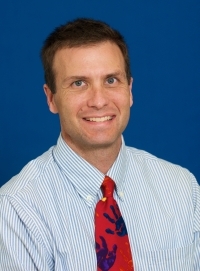
Eddie Hill
Assistant Professor
Old Dominion University
Dr. Eddie Hill is an assistant professor in the Park, Recreation and Tourism Studies program at Old Dominion University. He earned his Ph.D. from the University of Utah (2004) with a focus on Youth Development. Eddie Hill earned his B.S (1995) and M.S.Ed. (1998) from Old Dominion University. His focus was on teaching students with learning and behavior disorders. His research interests include: youth development, resiliency-based after school programming, motivation for diabetes management, therapeutic recreation, and outdoor education. He has written multiple grants, published extensively, and given numerous presentations at professional conferences, targeting such areas as positive youth development, outdoor education, and diabetes camp research. Dr. Hill has over 20 years experience as a ropes course facilitator, Outward Bound field staff, and educator. He is also a Certified Park and Recreation Professional (CPRP).
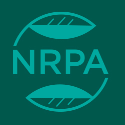
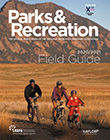
Engage With Us